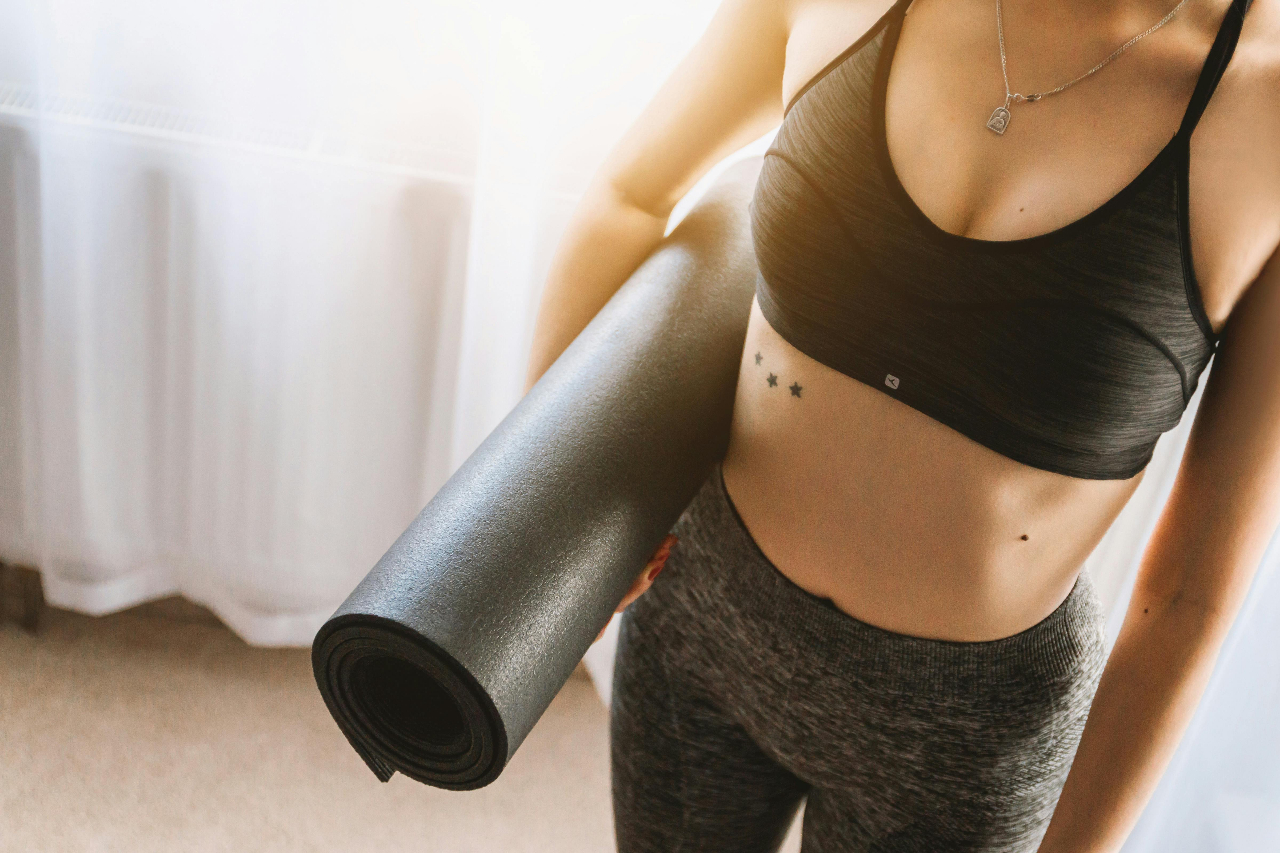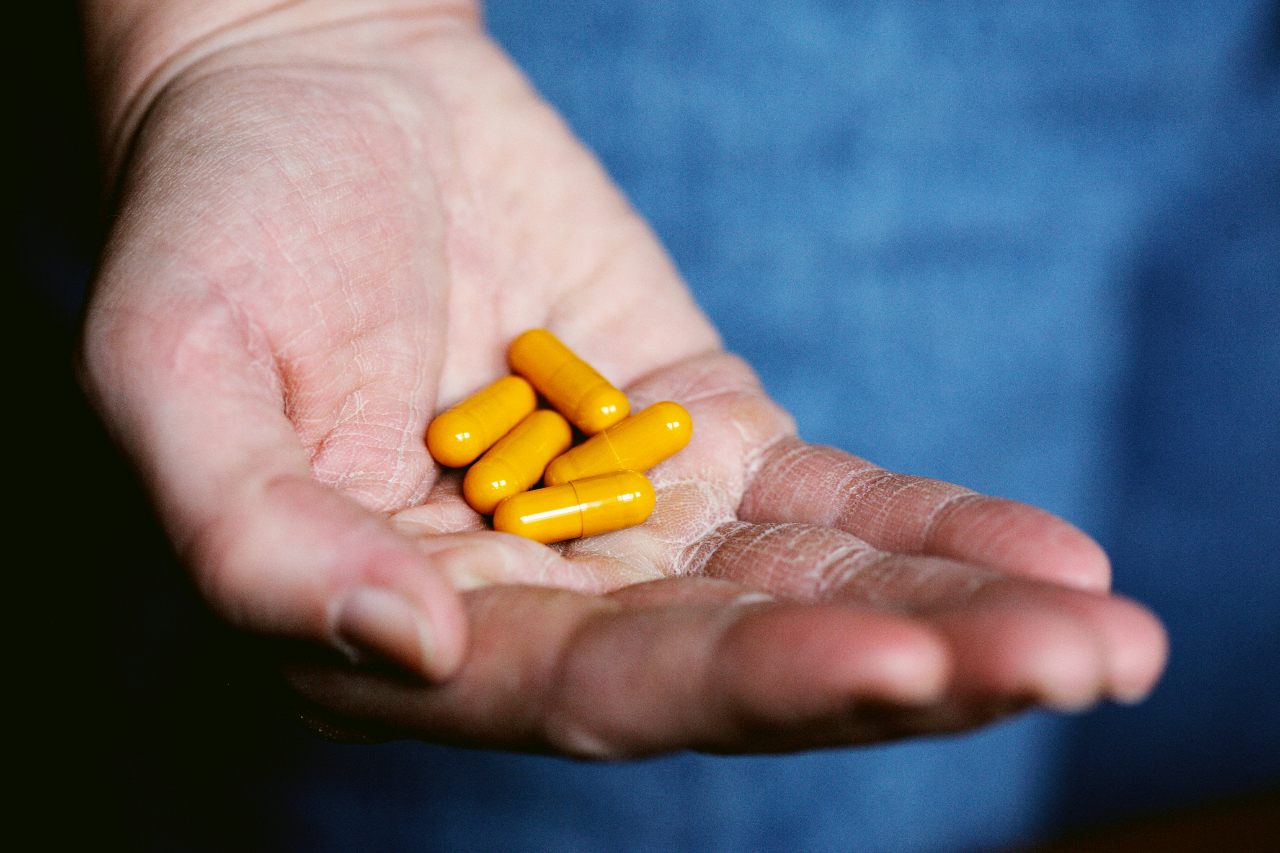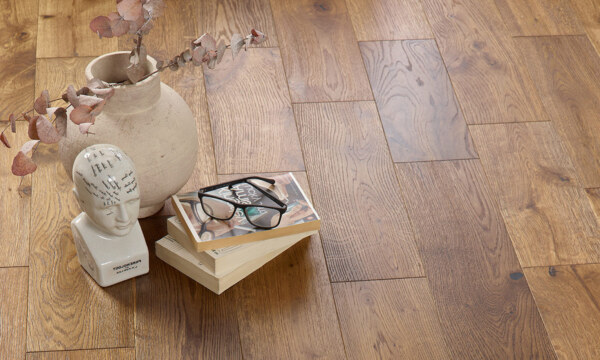How Britain shifted from late-night drinks to morning wellness routines

The British identity has long been intertwined with images of pints at the local pub, Sunday roasts with all the trimmings, and a certain stoic resilience to the elements, a culture not immediately associated with wellness trends or health-conscious living. Yet beneath the surface of these enduring cultural touchstones, a quiet revolution has been brewing across the UK, transforming how Britons approach their health and wellbeing.
The great British health awakening
The shift from the traditional “work hard, play hard” mentality towards a more balanced approach to health has been gradual but unmistakable. Recent data from Experian and Reward reveals that gym membership spending rose by 11% over the Christmas period in 2024, with a 4% increase in January 2025 – indicating a proactive approach to fitness that began even before the traditional New Year’s resolutions took effect.
This transformation has been particularly notable among the younger generations. The 18-34 demographic has seen the largest increase in fitness-related spending, up 8% year-on-year, as younger Britons increasingly opt for active lifestyles over late nights and social drinks. Meanwhile, those aged 35-44 have increased their fitness-related spending by 7%, demonstrating a cross-generational shift towards prioritising wellbeing.
Facts at a glance
- Morning gym attendance in the UK has increased by 35% since 2020
- 6-8 AM is now the second most popular workout time after 5-7 PM
- Weekend morning park usage has increased by 45% since 2019
- Weekend late-night venue attendance has declined by 22% in the same period
From reactive to proactive: The prevention revolution
Perhaps the most significant change in Britain’s relationship with wellness has been the move from reactively treating illness to proactively preserving health. This shift reflects growing awareness that the foundations of long-term wellness and enhanced healthspan are built through consistent daily choices rather than occasional interventions.
The “New Year, New Me” mindset is resonating with consumers more than ever, with health-conscious Britons swapping late nights for the gym and wellness activities. Spending on specialist grocery products rose 6% in early 2025, while Home Meal Services saw an 11% uplift, reinforcing the trend toward health-conscious choices.
This prevention-focused mindset has contributed to the surging interest in nutrition, supplementation, and lifestyle modifications that support cellular health and longevity. Advanced cellular health supplements like Nicotinamide Mononucleotide (NMN) have moved from scientific obscurity to household recognition among health-conscious Britons seeking to maintain vitality as they age.
Facts at a glance
- 71% of British consumers now report reading ingredient labels, up from 43% in 2018
- Internet searches for cellular health and NAD+ terms have increased by 230% since 2022
- 25-34 year olds now spend more on health supplements than on alcoholic beverages
- The UK supplement market for longevity products has grown at 24% annually since 2022
The science of ageing well: A british pragmatism
While wellness trends often arrive with considerable fanfare, the British approach to adopting them has been characteristically pragmatic. Rather than embracing every passing fad, there’s growing interest in scientifically-supported approaches to longevity and healthspan extension.
This evidence-based focus has driven interest in comprehensive NAD-boosting supplement regimens that support mitochondrial function and cellular health. These supplements have become increasingly popular among those looking to maintain vitality throughout their lifespan, particularly as the UK faces challenges with life expectancy improvements stalling in recent years.
The UK’s ageing demographic has further accelerated this trend. According to the Health Foundation, life expectancy in the UK has fallen by 0.25 years since 2017-19, which largely reflects the impact of the pandemic. Before the pandemic, healthy life expectancy had not improved in the UK nations and had actually worsened in Scotland. This sobering reality has many Britons looking beyond traditional healthcare systems to take personal control of their ageing process.
Beyond the individual: Communal wellness
Interestingly, as the British approach to health has evolved, it hasn’t abandoned the communal spirit that has long characterised pub culture. Instead, this social element has transformed, with wellness activities increasingly becoming communal experiences.
Park runs, wild swimming groups, and community fitness classes have proliferated across the country, creating new social spaces centred around health rather than alcohol. Meanwhile, online communities focused on specific aspects of wellness – from longevity science to plant-based eating – have formed vibrant digital spaces for knowledge sharing and support.
The YouGov Health and Wellness Roundup reports that 55% of Britons now incorporate walking in nature and 50% include exercise as part of their self-care routines. This suggests that wellness activities aren’t just replacing pub culture, they’re creating new forms of social connection centred around health.
Balancing tradition and innovation
Despite these shifts, the transition hasn’t been about wholesale rejection of tradition. Instead, many British wellness enthusiasts are finding ways to integrate new health practices with cherished cultural elements.
The traditional Sunday roast remains, but perhaps with more vegetables and leaner cuts. The after-work pint hasn’t disappeared, but it might be balanced with mindful drinking practices or alcohol-free alternatives. And while digital health tracking is booming, with nearly two-thirds (67%) of Britons having used devices or apps to monitor their health, it often complements rather than replaces traditional healthcare approaches.
This balanced approach reflects a distinctly British sensibility, an openness to innovation tempered by appreciation for tradition, and suggests that the evolution towards greater health consciousness will continue to unfold in uniquely British ways.
Facts at a glance: The sleep & recovery focus
- 62% of British adults now report prioritising 7+ hours of sleep, compared to just 48% in 2019
- Morning meditation practices have been adopted by 1 in 5 British professionals
- Many companies now offer wellness therapies
- The average British adult now consumes 20% less alcohol than in 2015
- Non-alcoholic alternatives have seen a 78% sales increase in the past three years
Looking ahead: The future of british wellness
As life expectancy challenges persist across the UK, there’s growing recognition that individual health practices may be more important than ever. The UK government has set an ambitious mission to increase Healthy Life Expectancy by five years by 2035, according to their documentation on understanding the drivers of healthy life expectancy.
With awareness growing about the importance of cellular health in ageing well, science-backed supplements focused on longevity and metabolic health are likely to become increasingly mainstream components of British wellness routines. Meanwhile, the integration of technology with health management promises to make preventative approaches more accessible and personalised than ever before.
The British wellness revolution is reshaping cultural norms and social spaces. From gym memberships overtaking pub visits in some demographics, to the rise of health-focused social media influencers, the signs of change are everywhere.
As Britain continues to navigate this cultural shift, one thing is clear: the new definition of British wellness combines the best of tradition – community, enjoyment, and quality of life – with forward-thinking approaches to health that prioritise prevention, science, and longevity. The future of British wellness looks bright indeed, with a more balanced relationship between work, play, and health creating the foundation for both longer lives and better quality of life throughout those extended years.
The editorial unit





























Facebook
Twitter
Instagram
YouTube
RSS